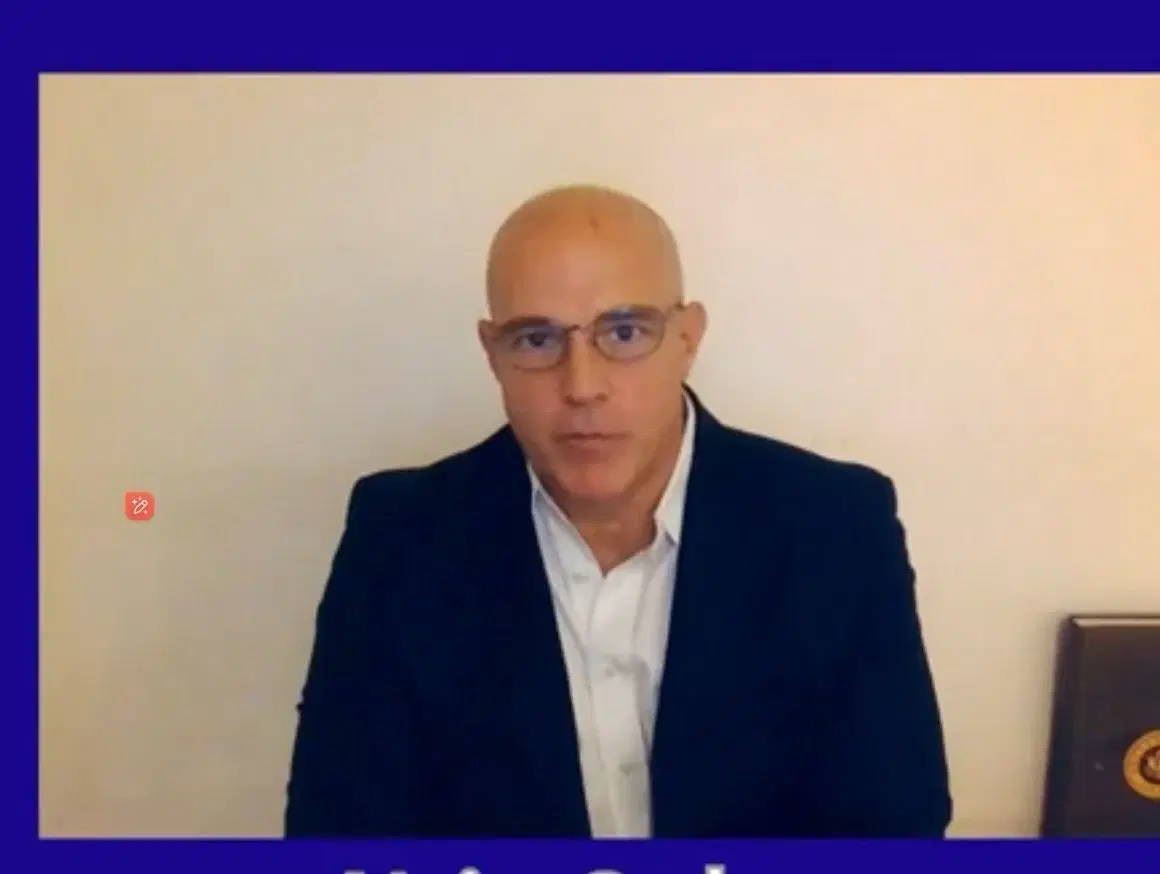

China is expanding its nuclear arsenal - with the number of warheads according to the Pentagon, almost doubling. Tim Morrison, Senior Fellow at the Hudson Institute shares insights
China is expanding its nuclear arsenal - with the number of warheads according to the Pentagon, almost doubling. Tim Morrison, Senior Fellow at the Hudson Institute shares insights


